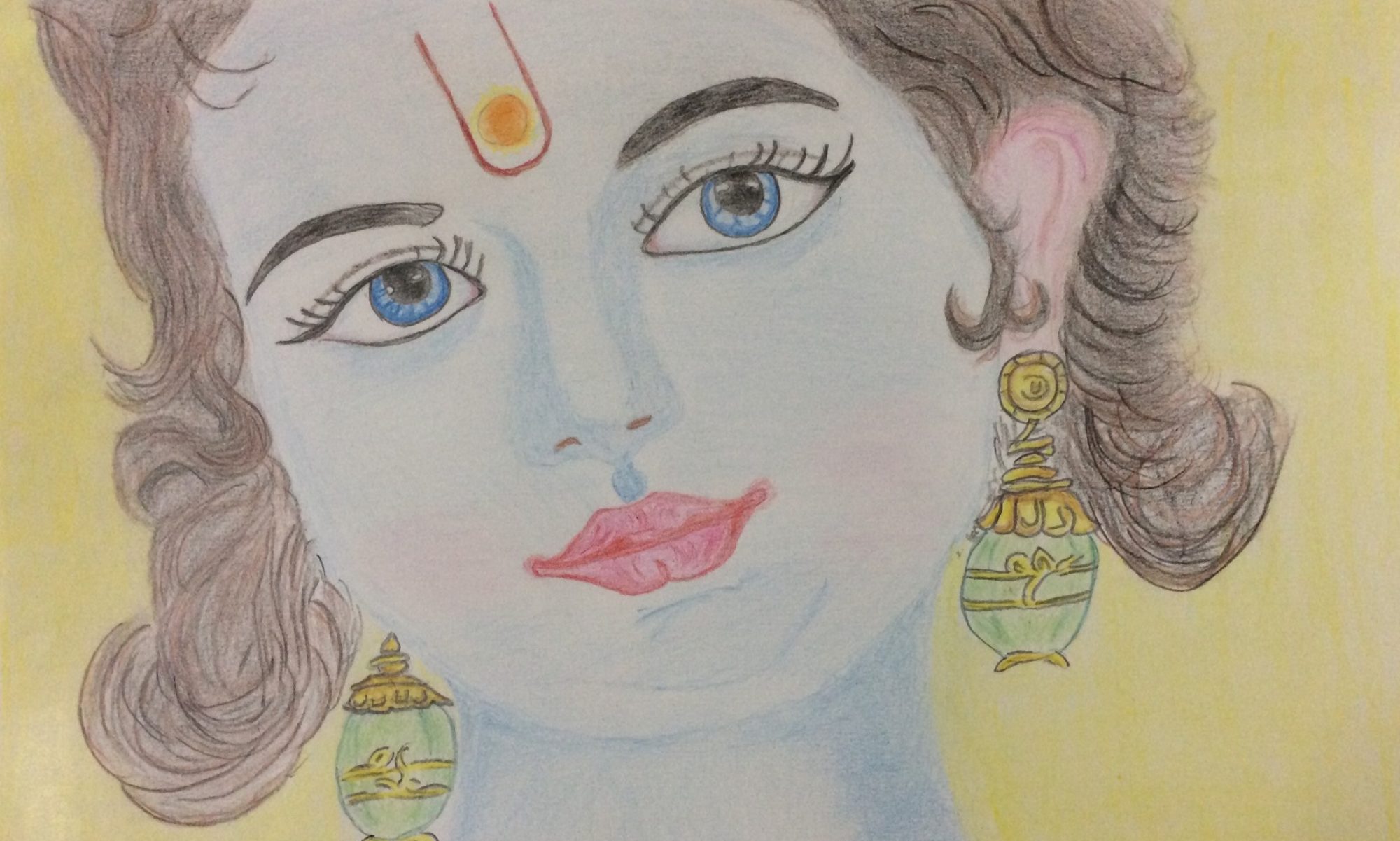
Mantras are recitations from the Vedas. The Vedas contain hundreds of thousands of hymns, poems, & recitations. A lot of importance is given to ensure the correct pronouciation of the words (since in Sanksrit these compound words may have different meaning if wrongly pronounced). The chanting also follows a particular style where the voice has to be lowered, raised or sung in a tune and a lot of emphasis is given in the way the recitation is done.
Given this emphasis to the pronunciation and the voice modulation, the Mantras form a part of the “Shruti” (See the section on An Introduction to The Vedas) and has been passed on over generations by mouth (recitations).
Here is a collection of some key Vedic Mantras:
Click on the links to listen to the mp3 or right click to Download & Save:
Ganesha Suktham is a mantra praising Lord Ganesha and this suktham is the origin of the famous and oft quoted mantra “Gananam Tva Ganapatim Hava Mahe”…
The Shanti Panchakam appears at the very start of the Taittiriya Upanishad in the Krishna Yajurveda. The Upanishad begins with the ‘Shanti mantra’ and is intended to pray for peace which is essential for one to focus on the teachings of the scriptures.
The word “Shanti” is typically repeated three times at the end of each verse, to invoke peace and to remove the three sources of obstacles, viz. 1. troubles arising from external forces (‘Adibhautika’); 2. those from one’s own body or mind (‘Adhyatmiika’) and lastly 3. troubles from unknown external forces (‘Adidaivika’)
The Rudram is a mantra dedicated to Lord Rudra (Shiva in an angry or agitated form) and is found in the Taittiriya Samhita portion of the Krishna Yajurveda. It’s a hymn that seeks to praise Lord Rudra and pacify him while seeking his blessings to ward off evil, enemies, diseases and such influences. It consists of 2 parts, viz. Namakam, where the Shiva is praised using the word, “Namah”. The second part is the Chamakam since here the verses end with “Cha Me..”, and literally means “This is For Me”, and seeks blessings from him.
The Purusha is the Cosmic energy that enables all creation. The Sooktham is hymn praising this Cosmic Energy and is found in the Krishna Yajurveda
The Narayana Suktham is dedicated to Lord Narayana and has its origins in the Taittiriya portion of the Krishna Yajurveda.
The Shreesooktham is a hymn from the Krishna Yajurveda and dedicated to Goddess Mahalakshmi
The Durga Suktham is from the Yajurveda and is dedicated to Durga Devi. The mantra is chanted to invoke Goddess Durga to ward off all kinds of negativities and bring forth positive energy and spirit.
Dedicated to Mother Earth, this mantra eulogises Bhu-Devi and is from the Krishna Yajurveda

